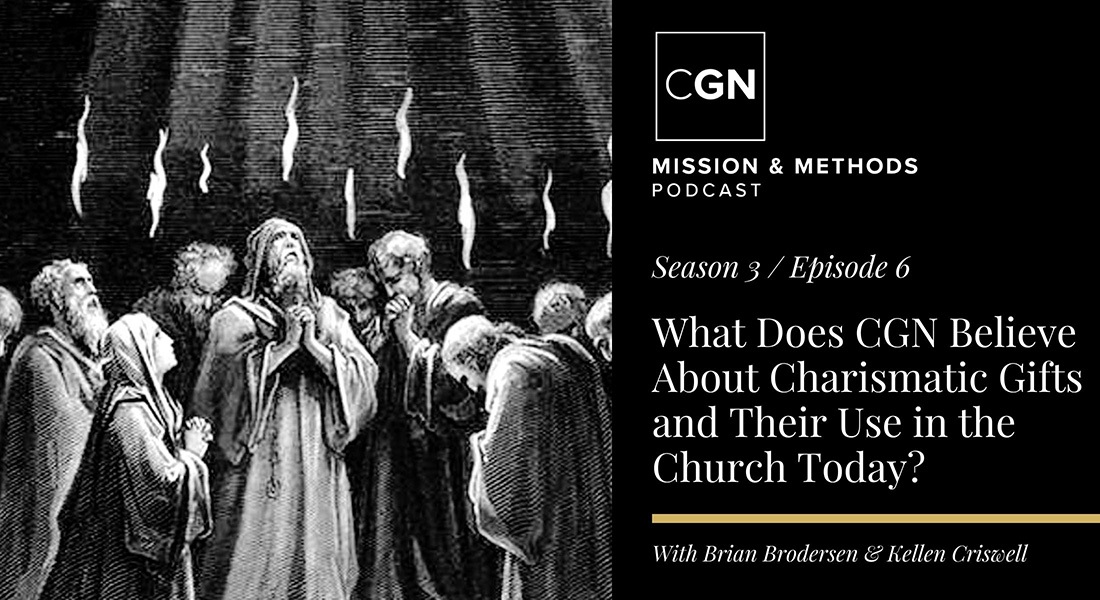Have you ever wondered what the Bible has to say about charismatic churches? In the modern Christian landscape, charismatic churches are known for their emphasis on spiritual gifts, energetic worship services, and belief in the ongoing work of the Holy Spirit. In this blog post, we will explore what the Bible teaches about charismatic churches and how understanding these principles can benefit our faith walk.
By delving into the biblical teachings on charismatic expressions of faith, we can gain a deeper understanding of the diversity within the body of Christ and how different denominations and traditions approach worship and spirituality. Exploring these topics can also help us appreciate the unique gifts and perspectives that charismatic churches bring to the broader church community. Ultimately, learning what the Bible says about charismatic churches can enrich our own spiritual journey and foster unity and respect among believers from various backgrounds.
The Biblical Perspective on Charismatic Churches: Exploring Scriptural Insights
What Does the Bible Say About Charismatic Churches
Charismatic churches are a subset of Christianity known for their belief in spiritual gifts and the practice of speaking in tongues, healing, and prophecy. The term “charismatic” comes from the Greek word charismata, which means “gifts of grace.” These churches emphasize the presence and work of the Holy Spirit in the lives of believers, often leading to enthusiastic worship services and a strong emphasis on personal experience with God.
One key passage in the Bible that is often cited by charismatic Christians is found in the book of Acts. In Acts 2:1-4, we read about the day of Pentecost when the Holy Spirit descended upon the disciples, enabling them to speak in other languages and proclaim the Gospel with boldness. This event is seen as the birth of the early church and the empowering of believers to carry out the mission of spreading the Good News.
Charismatic churches also point to 1 Corinthians 12-14, where the apostle Paul discusses the various spiritual gifts given to believers by the Holy Spirit. These gifts include prophecy, speaking in tongues, interpretation of tongues, miracles, healing, and more. Paul emphasizes the importance of using these gifts in a way that builds up the body of Christ and promotes love and unity among believers.
Another important aspect of charismatic churches is the belief in the ongoing work of the Holy Spirit in the lives of believers today. This includes the idea of being filled with the Spirit, experiencing spiritual renewal, and seeking after God’s presence in worship and prayer. Charismatic Christians often prioritize a personal relationship with God and place a strong emphasis on the power of prayer and faith.
While charismatic churches have their roots in Scripture and draw inspiration from the early church, they are not without controversy. Some Christians believe that certain charismatic practices, such as speaking in tongues or claims of miraculous healing, are not in line with biblical teaching or are open to misinterpretation and misuse.
Overall, the Bible does not explicitly endorse or condemn charismatic churches as a whole. Instead, it provides a framework for understanding the role of spiritual gifts, the work of the Holy Spirit, and the importance of genuine faith and love in the Christian life. Charismatic churches, like any other denomination or movement within Christianity, must be evaluated based on how closely they align with the teachings of Scripture and the example set by Jesus Christ.
What do charismatic churches believe in?
Charismatic churches believe in the manifestation of spiritual gifts as described in the Bible, particularly in the charismatic gifts mentioned in the New Testament such as speaking in tongues, prophecy, and divine healing. They place a strong emphasis on the power and presence of the Holy Spirit in the lives of believers and during worship services. Charismatic churches also prioritize personal experiences of God’s presence and the importance of being filled with the Spirit for living a victorious Christian life.
Is there a difference between charismatic and Pentecostal?
Yes, there is a difference between charismatic and Pentecostal beliefs within the context of the Bible. While both movements emphasize the work of the Holy Spirit and spiritual gifts, Pentecostalism is a specific branch of Christianity that traces its roots to the Azusa Street Revival in Los Angeles in 1906. Pentecostals believe in a definite experience of baptism in the Holy Spirit, often marked by speaking in tongues.
Charismatic Christianity, on the other hand, is a broader movement that encompasses various Christian denominations and traditions. Charismatics also believe in the continued presence and work of the Holy Spirit and spiritual gifts, but they may not necessarily adhere to all the distinctive practices and teachings of Pentecostalism.
In summary, all Pentecostals are charismatic, but not all charismatics are Pentecostal.
What does charismatic mean in the Bible?
In the context of the Bible, charismatic refers to the spiritual gifts or abilities given by the Holy Spirit to believers. These charismatic gifts are mentioned in the New Testament, particularly in passages such as 1 Corinthians 12 and Romans 12. Examples of charismatic gifts include speaking in tongues, prophecy, healing, and miracles. Believers who possess these charismatic gifts are often seen as having a special empowerment by the Holy Spirit to serve and build up the church.
What is the mode of worship in a charismatic church?
In a charismatic church, the mode of worship is often characterized by enthusiastic praise and worship, including clapping, raising hands, dancing, and speaking in tongues. Charismatic services may involve spontaneous prayer, the laying on of hands for healing or blessing, and a strong emphasis on the presence of the Holy Spirit. Worship services in charismatic churches are known for being emotional, expressive, and dynamic, with a focus on experiencing the power and manifestation of the Holy Spirit.

